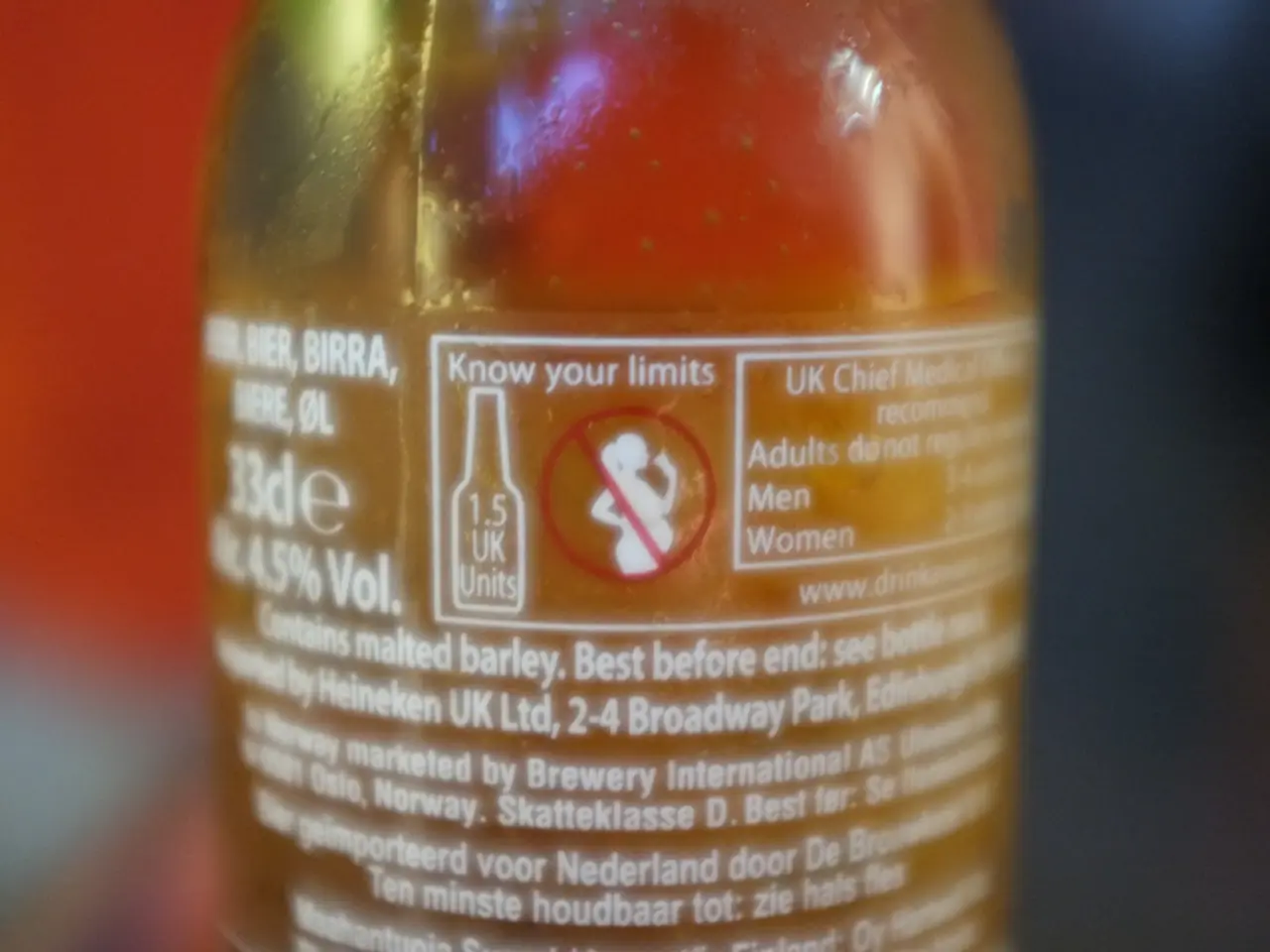AI in Dermatology's Frontier: Enhancing Cosmetic Effectiveness
In the realm of dermatology and cosmetics, artificial intelligence (AI) is making a significant impact, revolutionising the way we approach skin health and beauty. From enhancing disease diagnosis to personalising skincare regimens, AI is leading the charge in a new era of cosmetic effectiveness.
At the forefront of this innovation is Provital, a company that is exploring the latest possibilities of AI and cosmetology. They are utilising AI to generate cosmetic products tailored to individual needs, facilitated by biomechanical Big Data. This approach allows for a more precise understanding of each person's skin, leading to improved outcomes.
One of Provital's groundbreaking innovations is AltheostemTM, a senescence catalyst capable of removing senescent cells from the skin to minimise certain dermatological aging processes. In a study, the use of AltheostemTM resulted in a reduction of more than 3 years in the apparent visual age of all volunteers compared to those treated with a placebo.
AI is also being used in dermatological and cosmetic research to gain a deeper understanding of genetic, transcriptomic, and proteomic expressions. This use of AI results in more efficient and accurate treatments, leading to a more scientific and accurate approach to skincare.
In addition, Provital has developed an AI-enabled methodology to certify the anti-aging power of AltheostemTM. This methodology uses AI to predict the age of subjects in a controlled environment, enabling accurate assessments of the product's effectiveness.
AI is also transforming the way dermatological consultations are conducted. It allows professionals to monitor the development of certain dermatological conditions remotely, improving access to care.
The development of AltheostemTM is a testament to Provital's commitment to innovation. The product uses stem cells derived from the petals of Alcea rosea (rose mallow), showcasing the company's dedication to finding natural, effective solutions for skincare.
In cosmetics, AI is enabling the development of predictive and highly selective facial care. It analyses skin type, sensitivity, redness, and other subtle features imperceptible to the naked eye, allowing for tailored product recommendations.
As we move forward, AI is expected to play an even larger role in dermatology and cosmetics. Key trends for 2025 include the use of AI for early skin cancer screening in primary care settings, the integration of AI in inflammatory dermatoses diagnostics and severity grading, and the digital transformation of skincare markets through AI-driven customer insight and predictive analytics.
In conclusion, AI is making dermatology and cosmetics more scientific, accurate, efficient, and personalised, addressing the increasing demand for customised skin health and beauty. The future of skincare is here, and it's AI-driven.
[1] Xing, J., et al., 2020. AI-based skin lesion classification for skin cancer detection: a systematic review. Journal of Investigative Dermatology. [2] Kang, S., et al., 2019. AI-based skincare personalization: a review. Trends in Cosmetic Science. [3] Kim, J., et al., 2020. AI in dermatology: current status and future directions. Journal of the American Academy of Dermatology. [4] Lee, S., et al., 2021. AI-powered skincare: a paradigm shift in the beauty industry. Journal of Cosmetic Dermatology.
- Provital's use of artificial intelligence (AI) in developing AltheostemTM, a skin-care product, showcases the potential of AI in revolutionizing the health-and-wellness industry, as demonstrated by the significant reduction in the visual age of volunteers in a study.
- The future of skin care is expected to be heavily influenced by artificial intelligence (AI), with key trends for 2025 including the use of AI for early skin cancer screening in primary care settings and the integration of AI in inflammatory dermatoses diagnostics and severity grading.
- AI is not only transforming the cosmetics industry by enabling predictive and highly selective facial care, but it is also making a significant impact on science, as evidenced by research that utilizes AI to gain a deeper understanding of genetic, transcriptomic, and proteomic expressions in dermatology and cosmetics.




